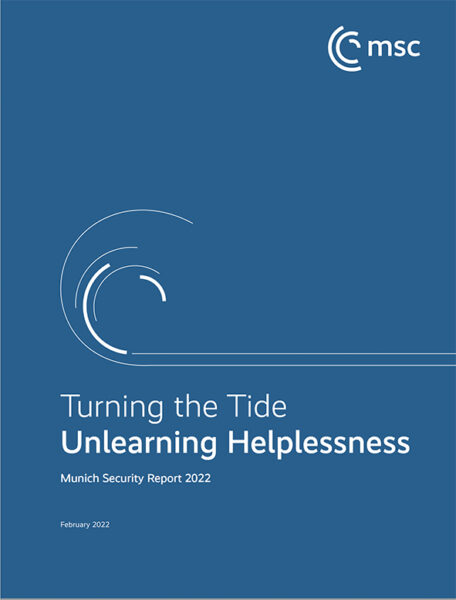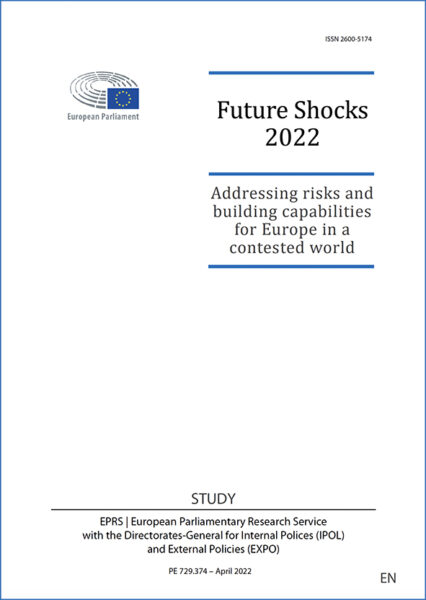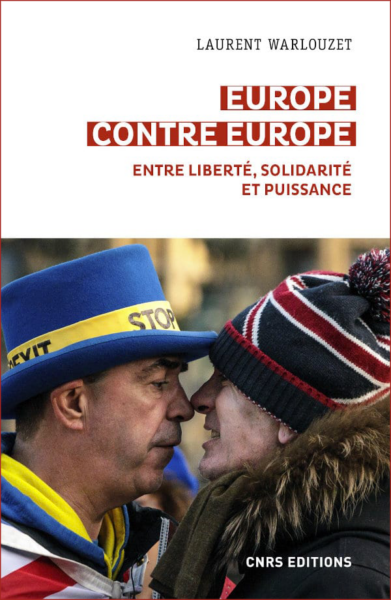On 29-30 June 2022, the North Atlantic Treaty Organization (NATO) brought together the heads of state and government of its member nations and key partners in Madrid. At the heart of the discussions was the examination of current and future security challenges, which are particularly sizeable in the context of the Russia-Ukraine war, and also the accession of two European countries that have previously remained neutral, Finland and Sweden. NATO has widely been seen as moribund in recent years, particularly during the Trump presidency in the USA, but might present geopolitical and strategic developments be changing all that and lending the Atlantic alliance renewed dynamism?
This is partly the case, as this European Chronicle shows, but this renewed interest in—and dynamism of—NATO should not be allowed to obscure a number of questions that are as yet unresolved. What is the alliance’s real deterrent capacity? Enlarged to more and more countries, not all of them equally well equipped militarily, is it really able—and prepared—to defend all its members over the slightest incident? Doesn’t an enlargement of this kind run the risk of exacerbating tensions with Russia? Does Turkey (with its authoritarian regime) remain a legitimate player in an alliance that advocates the defence of democracy? With all these questions surrounding it, wouldn’t the European Union be better off substantially strengthening its own defence and security policy?


